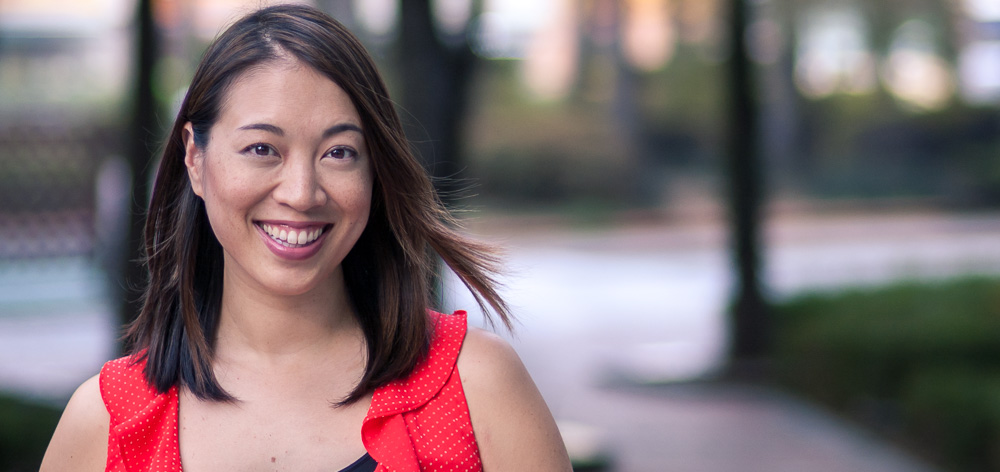Elise Hu

News correspondents are the eyes and ears of the outside world on the Korean peninsula. We wanted to know more about their work and were lucky to interview Elise Hu, who recently established National Public Radio (NPR)’s bureau in Seoul and now serves as NPR’s International Correspondent for Japan and the Korean Peninsula. We talked about NPR’s rationale for choosing Seoul as its new permanent regional bureau, journalism as practiced in the United States and South Korea, and some of her most memorable stories here in Seoul.
Elise Hu joined NPR in 2011 as the coordinator of StateImpact Network, a state government reporting project by NPR member stations. Before joining NPR, she was one of the founding reporters of the Texas Tribune, a nonprofit digital news startup, and worked as state political reporter for local networks in Texas and South Carolina. She also reported from Asia for the Taipei Times.
Elise Hu is the recipient of several distinctions, including a Gannett Foundation Award for Innovation in Watchdog Journalism. She has taught at Georgetown University and Northwestern University and also advises the John S. and James L. Knight foundation, a private, nonprofit foundation dedicated to the promotion of quality journalism and media innovation. Elise Hu graduated with honors from the University of Missouri-Columbia’s School of Journalism.
You can follow Elise Hu on Twitter, Facebook, on her Tumblr Elise Goes East!, through her personal blog Hey Elise!, and of course on NPR.org.
In any given week, I spend at least two or three days of it out in the field interviewing people, just rushing from one interview to another. Radio — because we don’t get to rely on video, we don’t get to rely on images — we have to help people create those images in their mind, it’s really important for us to get scenes. And what I mean by that is being in an actual place, that we can take somebody somewhere, sort of give them the sense of this is where we are […] and let people feel that. So I don’t do a lot of phone interviews. I almost always do them in person and go to people because it’s very important for us as a news organization to bring listeners to a place.
The interview was recorded on October 16th in Seoul.